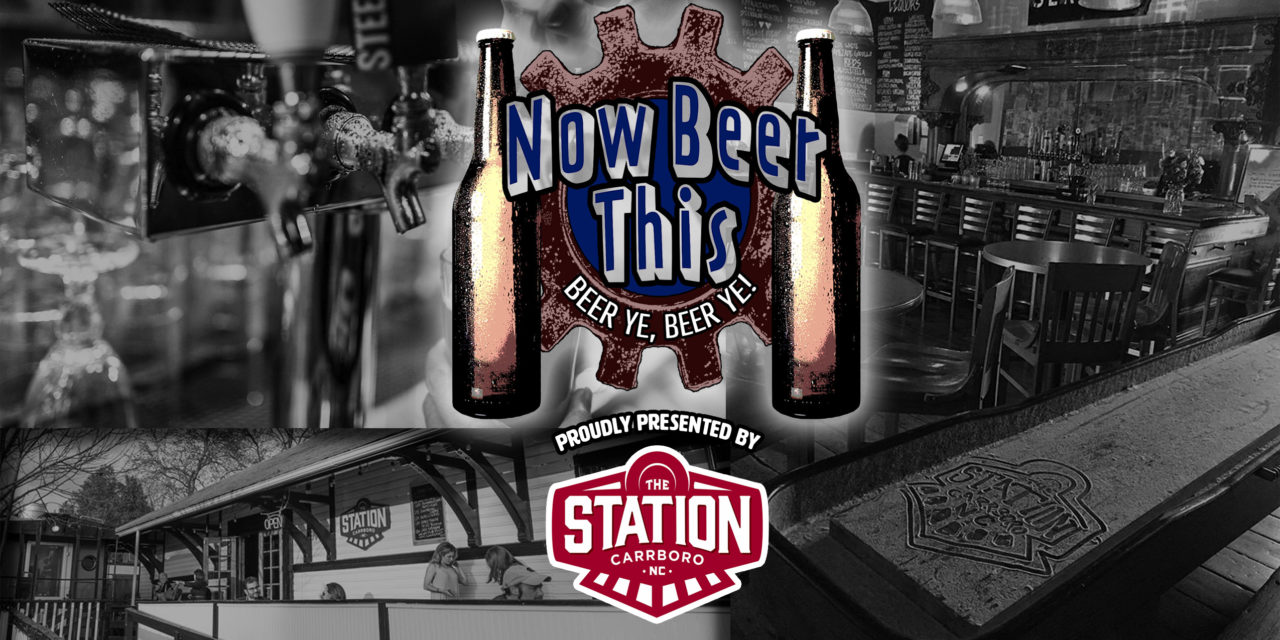There’s a myth that one or more Kings of England referred to hops as “a wicked and pernicious weed,” which isn’t true, but it sounds really good and people who love hops — such as myself — enjoy sniggering at it.
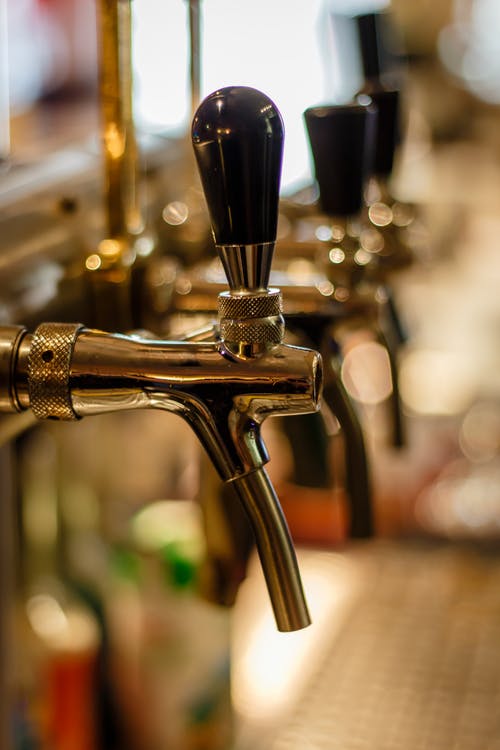 Beginning in the High Middle Ages in England, there was a distinction between ale brewed with cereal grains and no hops (but with gruit, which is another post altogether), and hopped beer that often came from the Low Countries and Germany. So I’m sure there were some old codgers who didn’t like the new-fangled use of some smelly weed in their drinks, so I’m sure someone said that quoted phrase at some point or another.
Beginning in the High Middle Ages in England, there was a distinction between ale brewed with cereal grains and no hops (but with gruit, which is another post altogether), and hopped beer that often came from the Low Countries and Germany. So I’m sure there were some old codgers who didn’t like the new-fangled use of some smelly weed in their drinks, so I’m sure someone said that quoted phrase at some point or another.
But is hops a “wicked and pernicious weed?” I certainly don’t think so. In fact, I’m pretty sure I wouldn’t be the beer geek I am today if we didn’t have hopped beers. Why are hops so important? I’m so glad you asked!
You can break this down in a few different ways, but hops do, essentially three different things:
- They impart bitterness
- They provide aroma
- They protect your beer
Let’s talk about them all!
BITTERNESS!
I LOVE bitterness. I may be in the minority, and that’s fine, but bitterness is wonderful. I can’t get enough. While you may not appreciate bitterness the way I do, the beer you drink would be a WAY different product without it.
The main ingredient in beer (other than water) is sugar extracted from barley, and sometimes other cereal grains. Beer without hops would be a syrupy, goopy, not nearly as refreshing drink. There are some styles that have just enough hops to balance out the malty sweetness (browns, porters, lots of Belgians), some that are way more malty (Scottish ales, dunkels), but pretty much all beers rely on some amount of hops to help strike some sort of balance. Without hop bitterness, you’ve just got alcoholic syrup, which sounds nice, but — trust me — it ain’t.
AROMA!
Yeah, you don’t care. But you do. Aroma is an underappreciated aspect of beer consumption. You might not realize it, but part of how you experience beer is simply smelling it before and after you drink it. It’s part of the tasting process and without it the beer doesn’t drink the same! Hops, depending on the variety, can impart an almost magical scent to beers… some are citrusy and piney (typically American hops), some are floral and spicy (typically German), some are grassy and woody (typically English). You might not be aware, but the hop aroma of your beer is a critical aspect of your drinking experience, so be grateful.
PROTECTION!
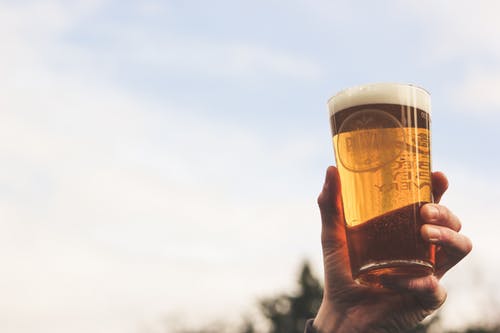 The oils in hops are antimicrobial, so they help to keep beer from getting spoiled. In this day and age we are less familiar with what spoiled beer tastes like, but beer is like any perishable food and can be infected with bacteria. The bacteria that likes to eat up beer will create weird favors like sourness and butter, and I just don’t want that in my beer. If you are into the sour beer craze, then you like infected beer — so come to terms with that however you will. Hops help to inhibit the growth of these bacteria, so generally, the hoppier your beer, the longer it will last. In fact, that’s the legend of the India Pale Ale. Purportedly it was found that the intensely hoppy beer produced by a certain brewery did a better job of surviving the long journey from England to the Indian Colonies, so yay Colonialism, I guess.
The oils in hops are antimicrobial, so they help to keep beer from getting spoiled. In this day and age we are less familiar with what spoiled beer tastes like, but beer is like any perishable food and can be infected with bacteria. The bacteria that likes to eat up beer will create weird favors like sourness and butter, and I just don’t want that in my beer. If you are into the sour beer craze, then you like infected beer — so come to terms with that however you will. Hops help to inhibit the growth of these bacteria, so generally, the hoppier your beer, the longer it will last. In fact, that’s the legend of the India Pale Ale. Purportedly it was found that the intensely hoppy beer produced by a certain brewery did a better job of surviving the long journey from England to the Indian Colonies, so yay Colonialism, I guess.
So, you may not be a hop head like me, but hopefully after reading this you understand and appreciate this tricky weed and how it improves your beer experience every day. Now go getchoo the hoppiest beer you can find and be happy.
Related Stories
‹
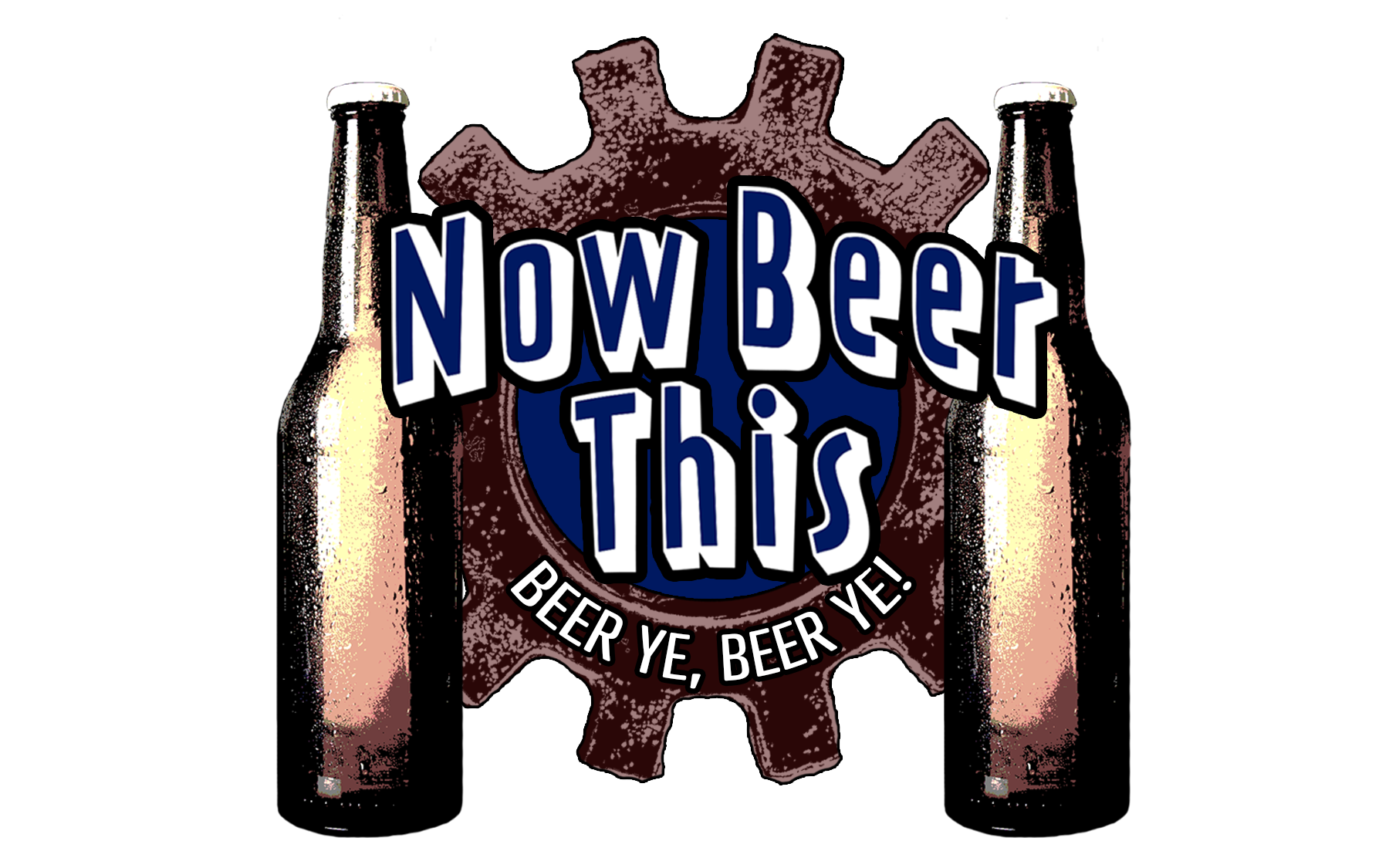
Now Beer This: The Beer Nerd Preaches on Berliner WeisseIf you had asked me six or so year ago, what European beer style is least likely to become popular in America, I’d have told you “Berliner Weisse, almost certainly.” Why? Back in the day, there were two things that drove beer popularity: hoppiness and ABV. The Berliner Weisse does neither of those things well. […]

Now Beer This: Weiss GuysBefore the Hazy IPA became a thing, before there were sessions, and maybe even before there were Radlers, the summer beer of choice was often a wheat beer. The German Hefeweizen (“yeast wheat”) is probably the most ubiquitous of these sweeter, lighter brews. With a grain bill consisting of about 50% wheat, this one is […]

Now Beer This: Differentiating Between Ales and LagersWhat makes Ales “Ales” and Lagers “Lagers?” When people find out I’m a Professor of Beer-ology, I almost always get this question from them. It’s a great question, and I’m happy to answer it. I can give you a short answer, but the long answer is SOOOOOO much more informative, and helps you to understand […]

Now Beer This: My Top 5 All-Time Favorite BeersOver the holidays I was discussing favorite beers with friends and I thought about if I was pressed to name my Top 5 beers what would make that list. That sounds like a pretty simple thing. But it ain’t. I’ve had A LOT of beers in my time. TONS. I’ve gone out of my way […]
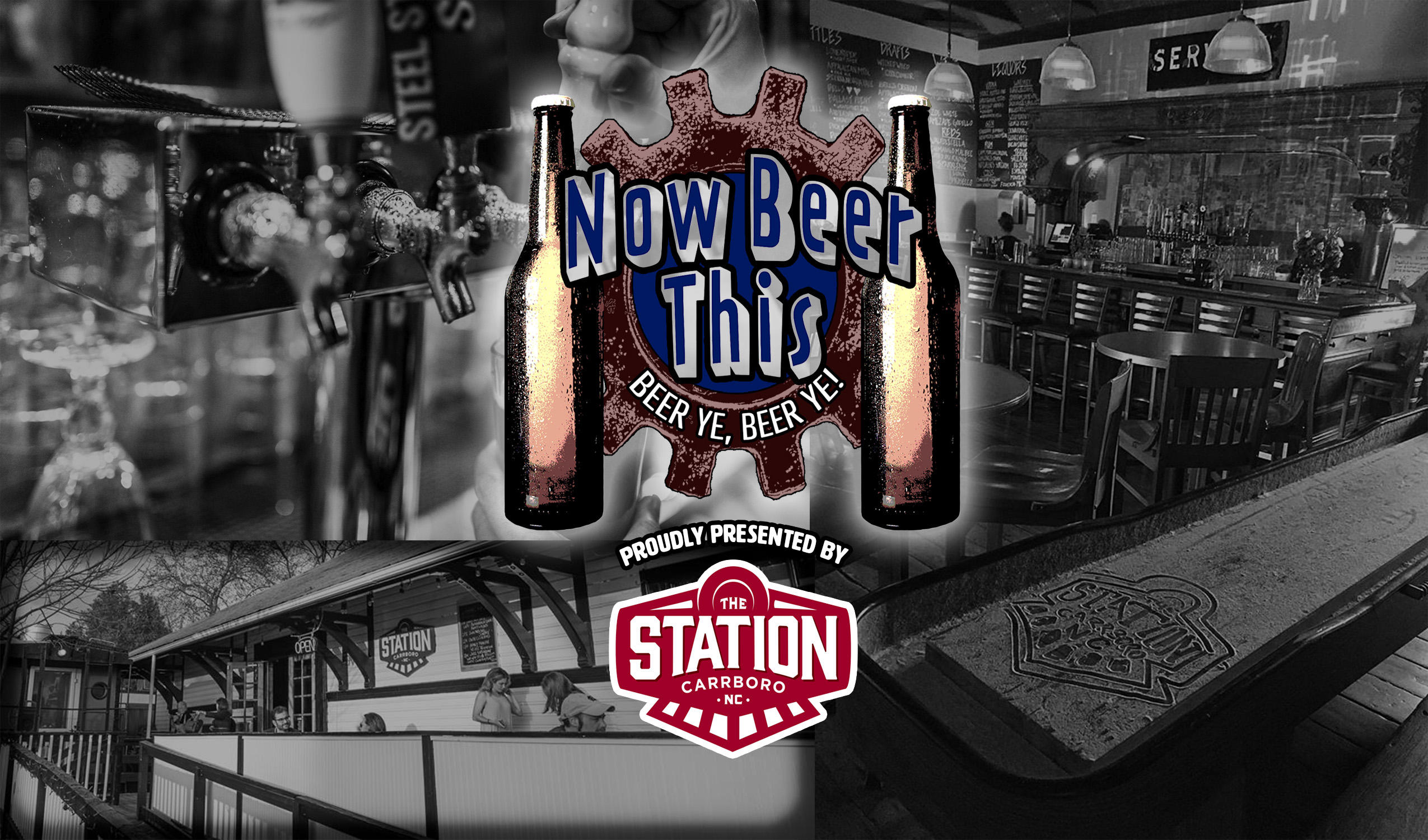
Now Beer This: Beer Humbug! My Beer-Related Pet PeevesI get all crotchety during this time of year. All of the forced cheeriness and murdering of trees for decoration — “destroyers and usurpers!” as Treebeard would say. I normally write a lot about what I like about craft beer and the beer world, but today, Mr. E-beer-neezer Scrooge is going to let you know […]

Now Beer This: What Should You Be Drinking This Fall?Pumpkin beers are not, contrary to popular belief, the ultimate in craft beer options for the Fall. Many of my beer-obsessed brethren would agree that most pumpkin-themed beers are not really worth the effort; instead of getting something interesting, you essentially get an amber with too much pumpkin pie spices thrown in to it. Not […]

Now Beer This: No Tricks, All Treats - Halloween Candy & BeerHalloween Candy and Beer! You might have access to A LOT of Halloween candy come November 1, and somebody’s got to do something about it. So why not try some candy and beer pairing experiments? There are WAY too many candy varieties out there to make for a concise article, and I’m old enough that […]

Now Beer This: What In The Hell Are You Drinking?I gotta admit, I’m more than a little proud of that clever title. I have had the pleasure of stocking a bottle shop recently — Craftboro Brewing Depot, specifically (it’s a brewery too, go check it out) — and I wanted to make sure we had interesting, but not easily encountered, international beers that were […]

Now Beer This: A Lesson in SessionsA Lesson in Sessions: Let’s Pick a Go-To Session IPA! If you’re not already familiar with the term “session” beer, then you should be. This moniker refers to beers — most often IPAs, because that’s the best beer style in the world — that have a lower ABV content (less than five percent) so you […]

Now Beer This: A Wicked and Pernicious WeedThere’s a myth that one or more Kings of England referred to hops as “a wicked and pernicious weed,” which isn’t true, but it sounds really good and people who love hops — such as myself — enjoy sniggering at it. Beginning in the High Middle Ages in England, there was a distinction between ale […]
›
 Beginning in the High Middle Ages in England, there was a distinction between ale brewed with cereal grains and no hops (but with gruit, which is another post altogether), and hopped beer that often came from the Low Countries and Germany. So I’m sure there were some old codgers who didn’t like the new-fangled use of some smelly weed in their drinks, so I’m sure someone said that quoted phrase at some point or another.
Beginning in the High Middle Ages in England, there was a distinction between ale brewed with cereal grains and no hops (but with gruit, which is another post altogether), and hopped beer that often came from the Low Countries and Germany. So I’m sure there were some old codgers who didn’t like the new-fangled use of some smelly weed in their drinks, so I’m sure someone said that quoted phrase at some point or another. The oils in hops are antimicrobial, so they help to keep beer from getting spoiled. In this day and age we are less familiar with what spoiled beer tastes like, but beer is like any perishable food and can be infected with bacteria. The bacteria that likes to eat up beer will create weird favors like sourness and butter, and I just don’t want that in my beer. If you are into the sour beer craze, then you like infected beer — so come to terms with that however you will. Hops help to inhibit the growth of these bacteria, so generally, the hoppier your beer, the longer it will last. In fact, that’s the legend of the India Pale Ale. Purportedly it was found that the intensely hoppy beer produced by a certain brewery did a better job of surviving the long journey from England to the Indian Colonies, so yay Colonialism, I guess.
The oils in hops are antimicrobial, so they help to keep beer from getting spoiled. In this day and age we are less familiar with what spoiled beer tastes like, but beer is like any perishable food and can be infected with bacteria. The bacteria that likes to eat up beer will create weird favors like sourness and butter, and I just don’t want that in my beer. If you are into the sour beer craze, then you like infected beer — so come to terms with that however you will. Hops help to inhibit the growth of these bacteria, so generally, the hoppier your beer, the longer it will last. In fact, that’s the legend of the India Pale Ale. Purportedly it was found that the intensely hoppy beer produced by a certain brewery did a better job of surviving the long journey from England to the Indian Colonies, so yay Colonialism, I guess.
